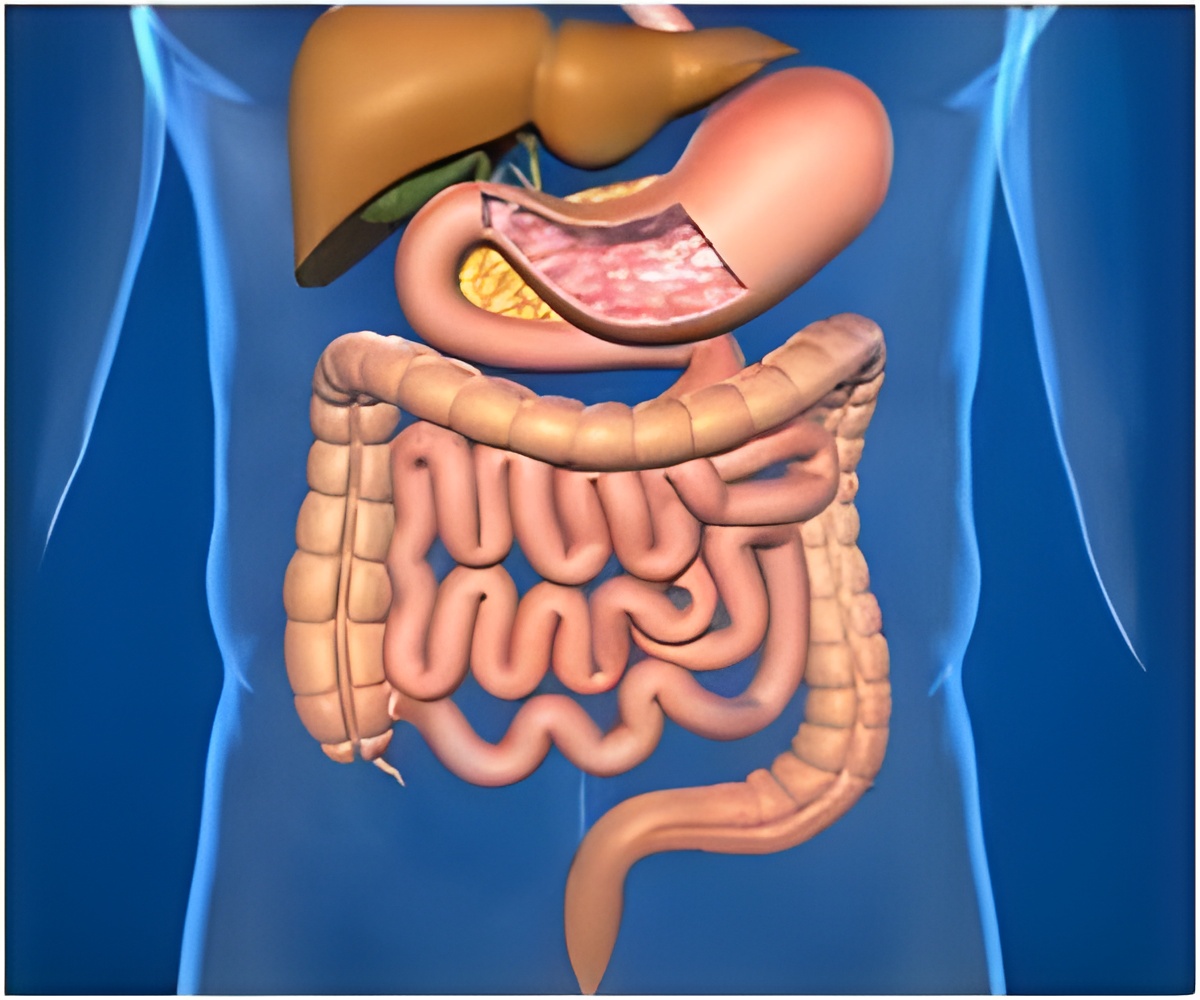
The study also describes in new detail how estrogen protects against gastric cancer, which could help scientists find better drug targets against the disease.
Several studies have suggested that estrogen protects women from this kind of inflammation.
Women with delayed menopause and increased fertility have a lower risk of gastric cancer, and drugs that block estrogen activity, such as the breast cancer drug Tamoxifen, are linked to higher rates of gastric cancer in women.
In the new study, James Fox, MIT professor of biological engineering and director of DCM and senior author, and his colleagues waited until the mice had already developed gastritis before giving them estrogen.
The mice were genetically engineered to produce large amounts of gastrin, a hormone that promotes acid production and proliferation of the cells that line the stomach. Such mice typically develop cancer within 20 months.
Advertisement
At age 24 weeks, 16 weeks after being infected with H. pylori, male mice in this study were treated with estrogen, Tamoxifen, both or neither. Female mice were treated with Tamoxifen or nothing. The researchers expected that Tamoxifen would undo the protective effects of estrogen, in both male and female mice.
Advertisement
Among the female mice, those who received Tamoxifen showed no differences from the untreated mice. That surprising finding suggests that in the stomach, Tamoxifen may mimic estrogen's effects, rather than blocking them.
To figure out how estrogen and Tamoxifen protect against gastric cancer, the MIT researchers examined which genes were overexpressed in the treated mice.
They identified about 60 genes, most of which are involved in cell movement and/or cancer growth.
The study was recently published online in the journal Cancer Prevention Research.
Source-ANI











